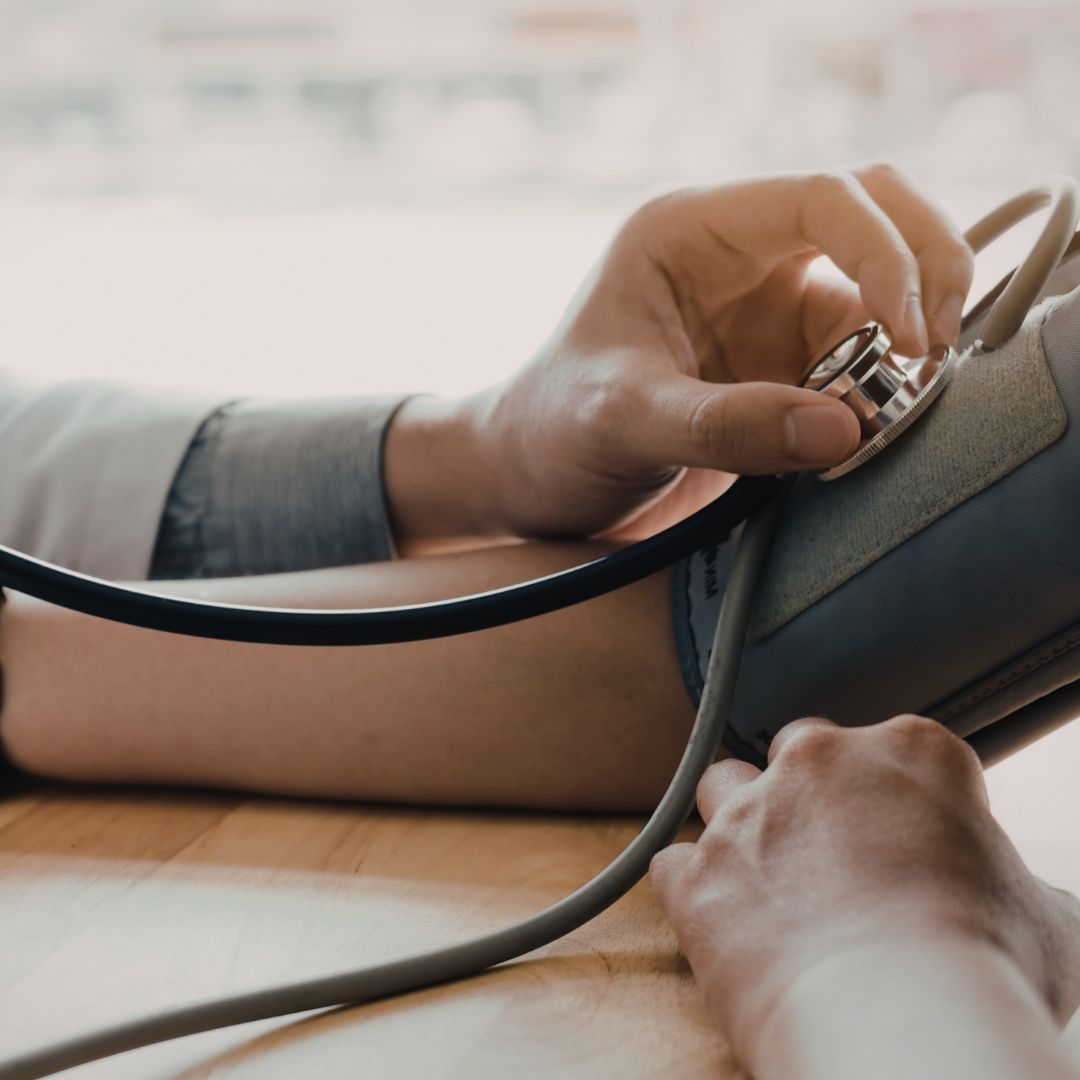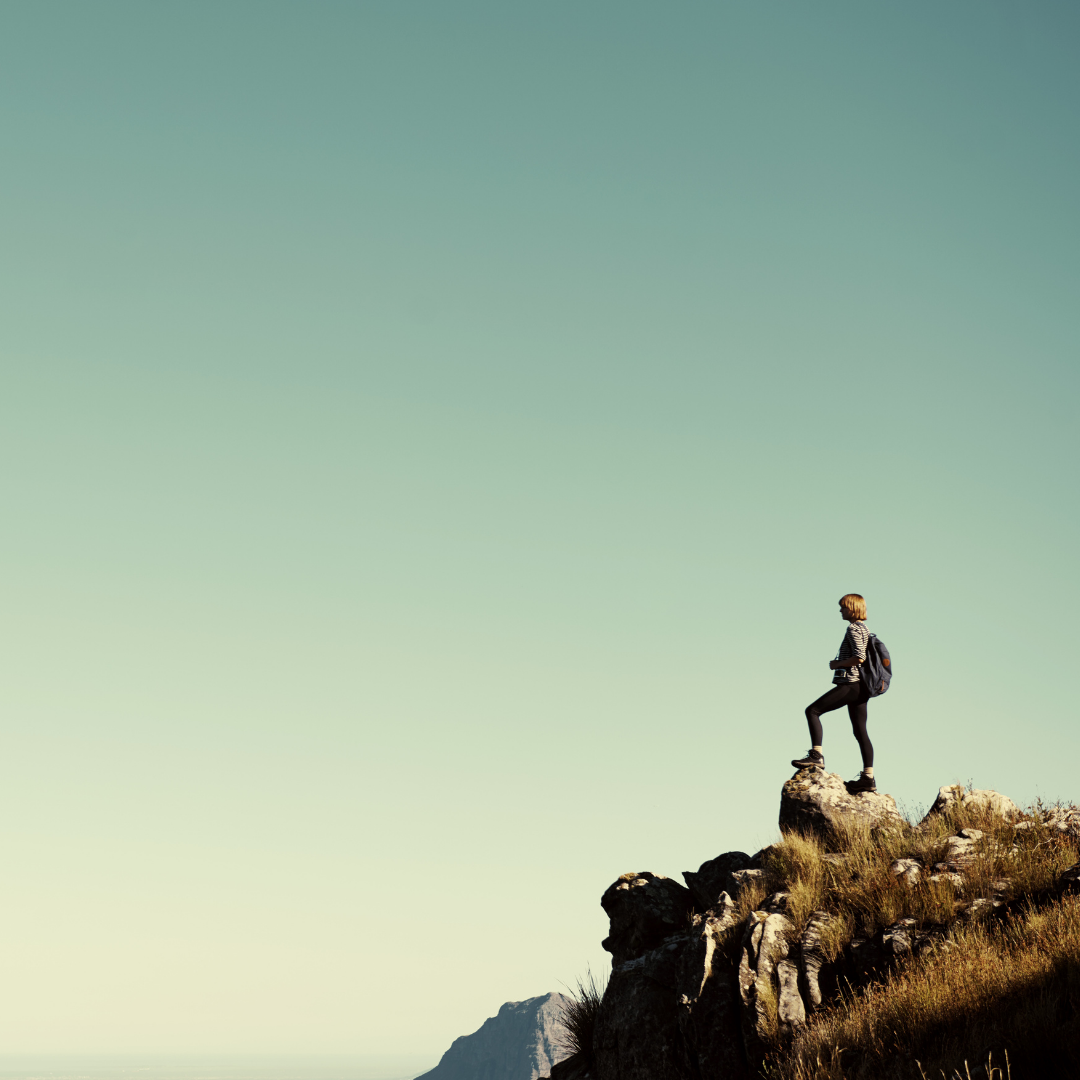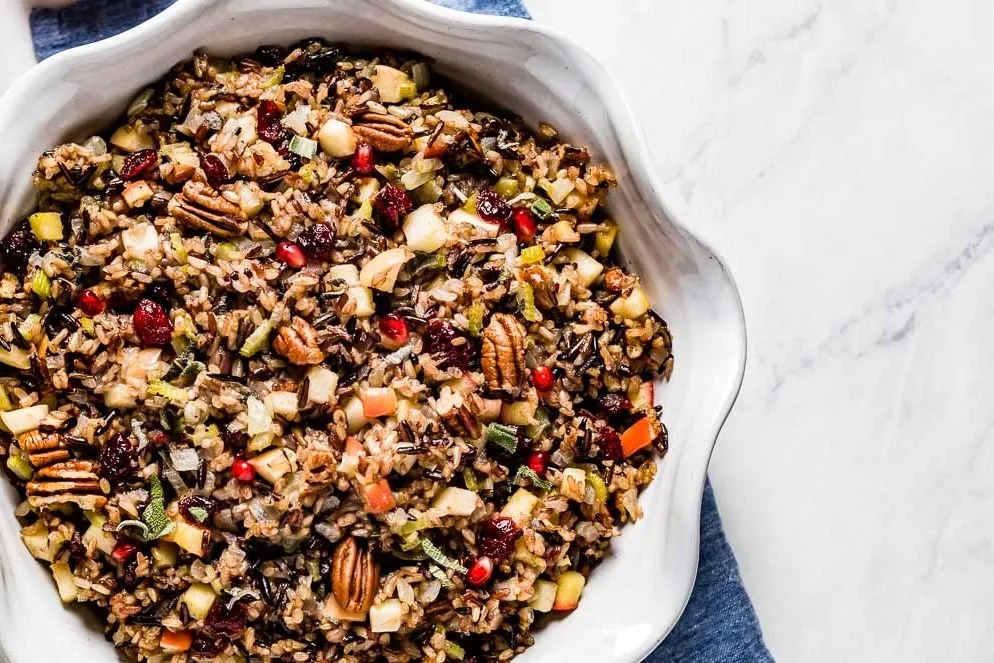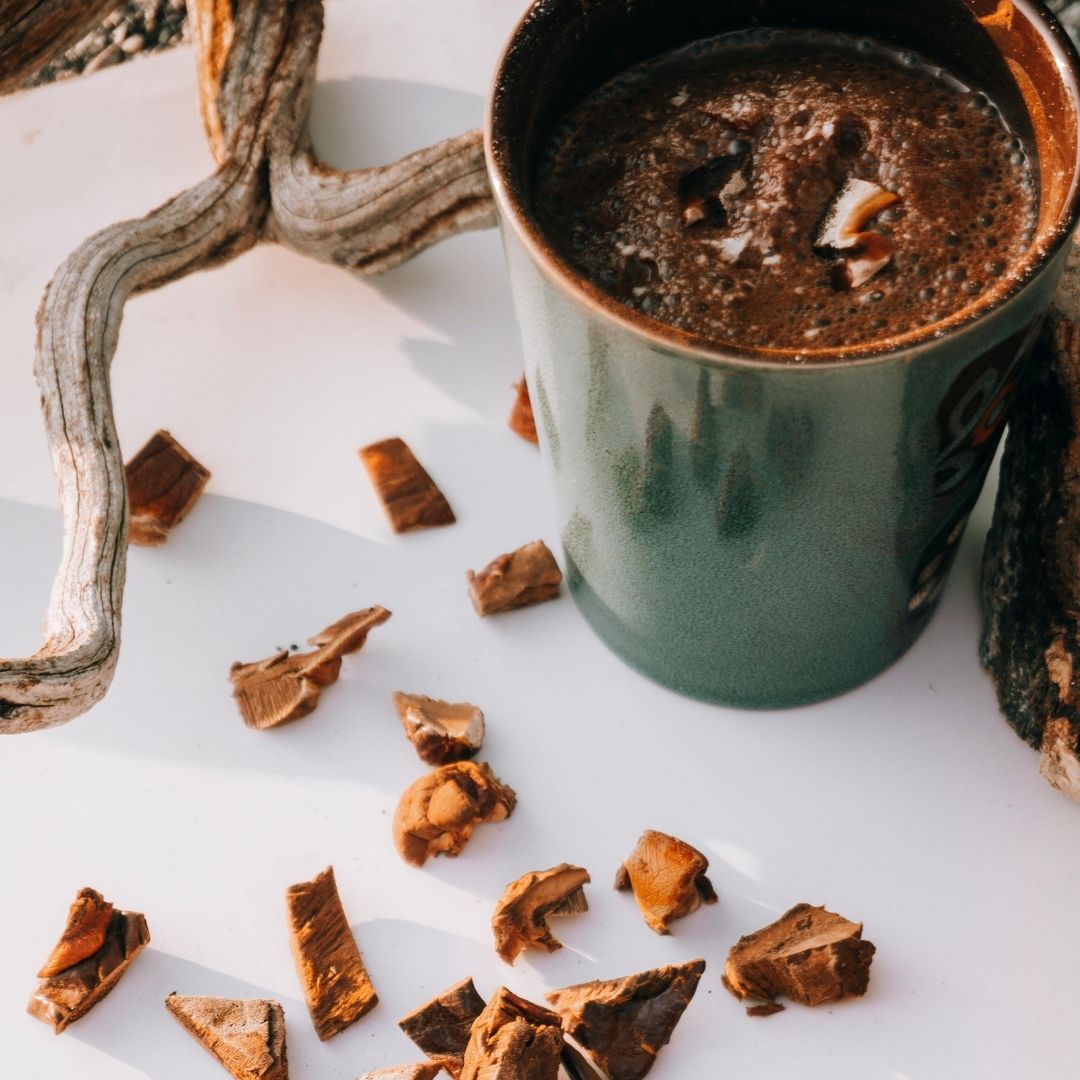As autumn sets in with shorter, greyer days and cooler weather, many of us experience a noticeable dip in our energy levels and mood. You might find yourself craving warm, hearty comfort food or finding it a bit harder to stick to your usual workout routine. This isn’t a lack of motivation or a busier schedule. It’s actually your body responding exactly as it should - by taking its cues from the changing environment.
The first thing to understand is that our bodies interpret darkness as a signal to rest. So, as the nights grow longer and the days shorter, pushing ourselves to maintain the same levels of intense exercise, long work hours, or packed social schedules can actually increase stress on the body. This added stress can show up in a number of ways: stronger cravings, persistent fatigue, mood swings, weight gain, a weakened immune system and even a greater risk of injury.
If any of that sounds familiar, it might be time to reassess your approach to the season. Here are my three top tips to help…
1. Tailor Your Training:
To avoid the negative effects of elevated stress hormones, consider adjusting your exercise routine. Intense physical activity is best reserved for daylight hours when it won't spike stress levels. However, steady weight training, Pilates, yoga, and mobility exercises can serve as excellent dark-hour companions. By maintaining your workout frequency while dialling down the intensity, you allow your body to adapt to the winter season without unnecessary stress. Book classes or block the time in your calendar, lay out your workout clothes the night before, and spend some time curating your playlist. The easier you can make it for yourself, the better!
2. Being Mindful of Light Exposures:
As natural daylight becomes scarce, it's essential to be intentional about light exposure. Avoid replacing it with artificial blue light from screens as this can disrupt your circadian rhythm and blood sugar regulation. Try to spend some time outdoors during the day, soaking in natural light, and when it is dark first thing try to get in a walk at lunchtime when the light is brightest. In the evenings, opt for low lighting or candlelight (actually very relaxing!) and try to have a no-phones-before-bed policy at least a couple of hours before you plan to sleep. You can also test your Vitamin D levels and incorporate Vitamin D supplements - I recommend Bare Biology Beam and Balance unflavoured or peppermint. Daylight lamps like Bon Charge’s Full Spectrum Lamp, Lumie or Beurer TL45 can provide wonderful support with light therapy.
3. Prioritise Rest:
It’s completely normal to feel sleepier and in need of a bit more rest during autumn and winter. That’s because your body starts producing melatonin (the hormone that makes you feel drowsy) earlier in the evening. At the same time, less morning light can lower your cortisol levels, making it harder to feel alert in the morning. Add in cooler temperatures (which actually help you sleep more deeply), and it’s no surprise that a 2023 study from Charité Medical University in Berlin found people naturally sleep about an hour longer in winter than in summer.
Ignoring your body’s need for extra rest can lead to low energy and increased cravings, especially for sugar and carbs. So rather than pushing through, try leaning into the slower pace of the season. Embrace the coziness of winter nights with calming rituals like reading, warm baths or early dinners with friends. Aim to get to bed 60–90 minutes earlier than you might in summer, giving your body the chance to fully rest and recharge.
You can find my Evening Wind Down Checklist here.
By tuning into the natural shifts of the season and adjusting your routines accordingly, you can sidestep the winter slump and move through the colder months feeling more balanced and energised. That might mean swapping high-intensity workouts for slower, strength-based movement, making a point to get outside for morning light, or giving yourself permission to sleep in a little longer. These small but intentional changes help your body do what it’s designed to do in winter - slow down, restore and reset!

.jpg)



.png)



.jpg)
.png)


.jpg)
.jpg)
.jpg)
.jpg)
.jpg)
.jpg)
.jpg)
.jpg)
.jpg)
.jpg)
.jpg)
.jpg)
.png)
.png)

.png)
.jpg)

.png)
.png)
.png)
.png)
.png)


.png)
.png)






